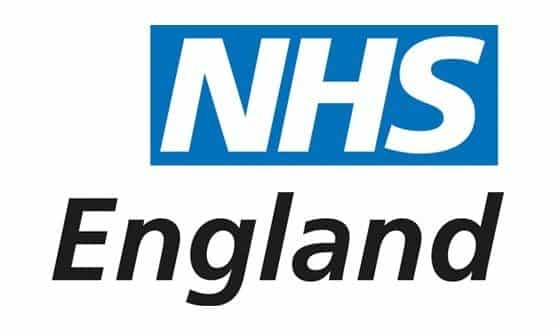Care.data implemented this month
- 3 June 2013

Implementation of the care.data programme to extract and link large amounts of primary and secondary data starts this month.
Guidance for GPs on release one of the programme has been published by NHS England.
Data will be extracted from practices via the GP Extraction Service and linked with Hospital Episode Statistics to create new Care Episode Statistics. This will be done in the ‘safe haven’ of the Health and Social Care Information Centre.
Implementation will start with a small number of practices in June with wider implementation over the rest of the year.
NHS England said data extractions will occur about 8 weeks after implementation of a publicity campaign to raise awareness of the scheme with patients.
The organisation’s business plan, released in April, set the target for 75% of GP practices to be providing a full extract to care.data by September 2013.
The new guidance says practices will be contacted “well before” any extract and explains how patients can opt-out of the scheme and the codes GPs should use if they do.
The health secretary has given a commitment that people’s objections to disclosure to the HSCIC will be respected other than in “exceptional circumstances”.
The monthly extract is based on four groups of data; patient demographics, events, referrals and prescriptions.
NHS England will not be requiring any patient names or addresses to be extracted or any free text. Also, no retrospective data prior to 1 April 2013.
Aggregated CES data will be published openly, but record level CES data will only be made available pseudonymously to accredited organisations, such as a clinical commissioning groups.
“Since the analysis of linked data underpins the commissioning of integrated care, CES will play a vital role in supporting commissioners to reduce unnecessary fragmentation in care,” the guidance says.
Care.data was approved by the GPES Independent Advisory Group in March.
The British Medical Association and Royal College of General Practitioners have worked with NHS England on the GP Technical Specification.
Dr Laurence Buckman, chair of the BMA GP Committee, said the new guidance would help to ensure that practices understand the changes.
“It is important that commissioners have access to data to design services provided that this does not impact upon confidentiality,” he said.
“The most important point is that patients will be able to object to confidential data from their GP records being used for care.data and other secondary uses. GP practices will play an important role in making sure patients are aware of how their data is used, and addressing their concerns.”
RCGP chair Dr Clare Gerada, said use of data could significantly improve patient care.
“As we streamline and improve the way data is used in the NHS, it is vital that we continue to safeguard patient confidentiality and that patients’ wishes remain paramount,” she added.
GPs will be sent patient leaflets and posters to display in their practices.
NHS England national director for patients and information Tim Kelsey said giving patients more information about their treatment and care could make a huge difference to improving health and keeping people well for longer.
“I am extremely excited about the potential of care.data, of which the GP Technical Specification is the first part, to increase transparency within the health service and encourage greater participation by citizens,” he said.
“The care.data service will create an environment where data can flow more securely and effectively and where the impact and outcomes of treatment and care are much better understood.”




